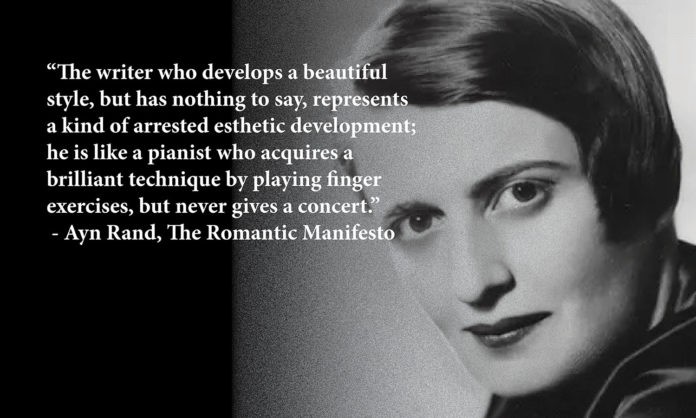Many writers don’t fret about theme. They might have a basic idea about moral, but rarely delve into the meatier element of theme, preferring instead to type their characters from point A to point B, with no real sense of what their story is about. For the rest of us, it’s important to know why we write, if not at the macro level than on a story-by-story basis. What is this story about? What am I trying to say?
In a blog post for Writers in the Storm, Karen Debonis writes about her struggle to find out what her memoir was about, and offers lessons learned for memoirists and fiction writers.
Debonis has written and re-written the memoir of her son’s fight and recovery from a brain tumor diagnosis several times over the years. When she started writing about her difficulty challenging doctors and mis-diagnoses, she thought she’d finally landed on her approach to their story. She hired a website designer and started designing her brand around the danger of too much people-pleasing.
One problem: her early readers said that there wasn’t enough about people-pleasing in the memoir to support her theme. “My story had a serious identity crisis,” she writes. “What was it really about? I asked my beta readers, and they suggested it had to do with motherhood. It sounded at once expansive, but commonplace.”
She asked for advice and received the following bits of wisdom:
- Let your book tell you what it’s about.
- Ask your story what it needs.
- Your memoir (or story) is the only fish in your sea.
These are good tips for fiction writers, as well. If you struggle with theme, re-read your work and listen to what it’s trying to say. What are your characters struggles? What ideas to they express, either in word or with action? When you start to get an idea of your theme, ask your story what it needs to convey it. Does it need a scene that drives home your theme without being preachy? Do you need to punch up existing scenes to show how your protagonist embodies or fights against the theme? Setting, minor characters, and subplot can highlight your theme without derailing your story.
Finally, don’t be concerned that your story will get lost amid the other work with similar ideas, even if those stories are better written by more famous people. You have your story and you’re the only one who can tell it from your unique vantage. Reveal yourself in your story and let it reveal you.












